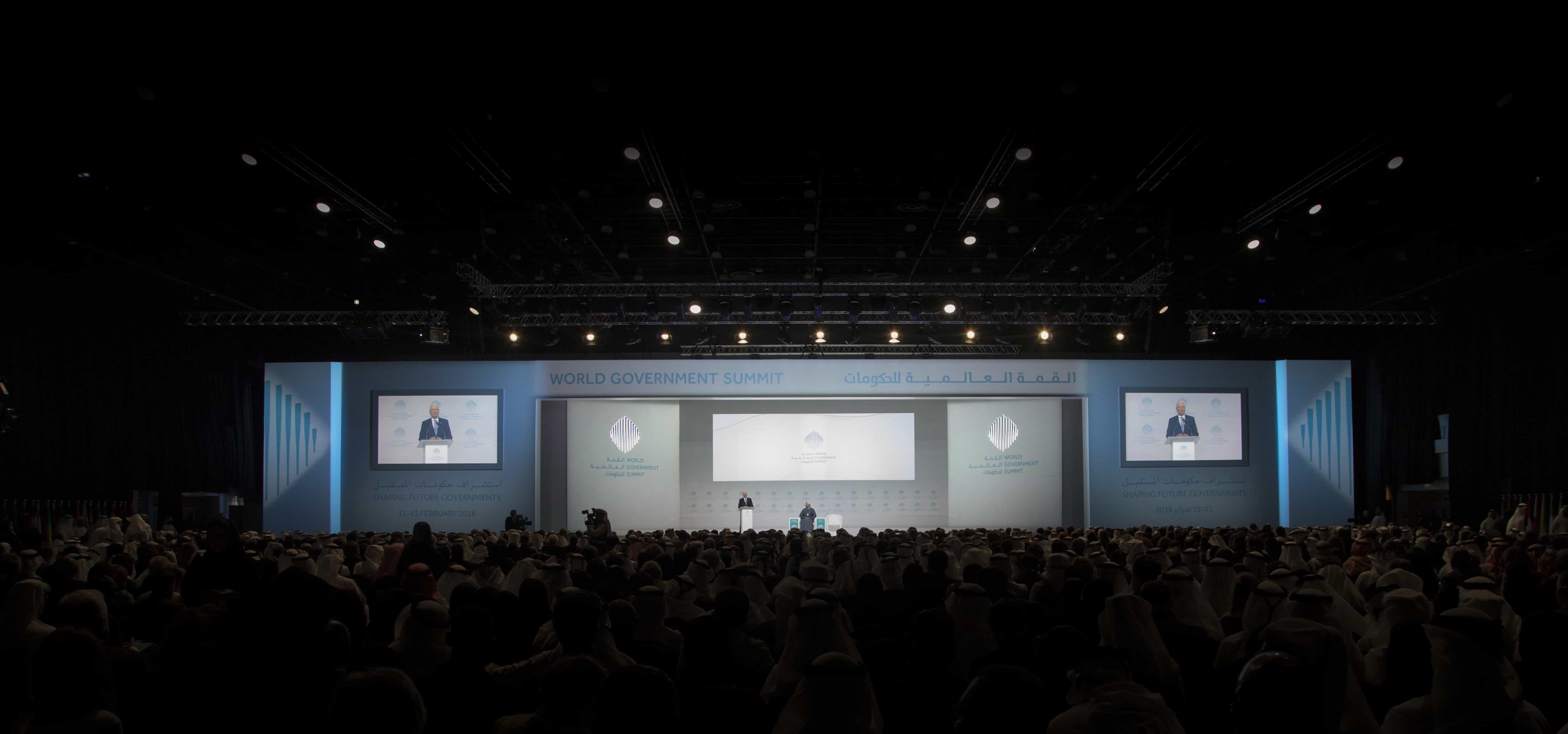
"Hanan grew up in the Palestinian refugee camp, Bethlehem, where she was regularly exposed to acts of violence. She went into primary education after her children were left deeply traumatised by a shooting incident they witnessed on their way home from school. Her experiences in meetings and consultations to discuss her children’s behaviour, development and academic performance in the years that followed led Hanan to try to help others who, having grown up in similar circumstances, require special handling at school.
“We just want peace; we want our children to enjoy their childhoods in peace.”
With so many troubled children in the region, Palestinian classrooms can be tense environments. Hanan embraces the slogan ‘No to Violence’ and uses a specialist approach she developed herself, detailed in her book, ‘We Play and Learn’. She focuses on developing trusting, respectful, honest and affectionate relationships with her students and emphasises the importance of literacy. She encourages her students to work together, pays close attention to individual needs and rewards positive behaviour. Her approach has led to a decline in violent behaviour in schools where this is usually a frequent occurrence; she has inspired her colleagues to review the way they teach, their classroom management strategies and the sanctions they use.
Hanan has shared her perspective at conferences, meetings and teacher training seminars. She hopes that, with education, her people can reclaim their homeland.
• Grew up in a Palestinian refugee camp; motivated to teach by her experiences as a mother of children traumatised by a shooting incident
• Offers specialist care to pupils exposed to violence
• Focuses on providing a safe space in the classroom and pays attention to individual needs
• Has shared her approach at Ministry conferences and teacher training seminars
"
“We just want peace; we want our children to enjoy their childhoods in peace.”
With so many troubled children in the region, Palestinian classrooms can be tense environments. Hanan embraces the slogan ‘No to Violence’ and uses a specialist approach she developed herself, detailed in her book, ‘We Play and Learn’. She focuses on developing trusting, respectful, honest and affectionate relationships with her students and emphasises the importance of literacy. She encourages her students to work together, pays close attention to individual needs and rewards positive behaviour. Her approach has led to a decline in violent behaviour in schools where this is usually a frequent occurrence; she has inspired her colleagues to review the way they teach, their classroom management strategies and the sanctions they use.
Hanan has shared her perspective at conferences, meetings and teacher training seminars. She hopes that, with education, her people can reclaim their homeland.
• Grew up in a Palestinian refugee camp; motivated to teach by her experiences as a mother of children traumatised by a shooting incident
• Offers specialist care to pupils exposed to violence
• Focuses on providing a safe space in the classroom and pays attention to individual needs
• Has shared her approach at Ministry conferences and teacher training seminars
"
Sessions
What inspired you to develop a new approach to education for children in her violence marred surroundings?
How did you come up with her methodology, despite the obvious lack of resources and exposure to advances in education?
What are the key principles that form the foundation of your approach?
How can your methodology be applied to other contexts -children with special needs, abused children, or children living in refugee camps?
How can new educational systems integrate and scale such applications?
How can governments find, empower and enable teachers like yourself to do what they do?